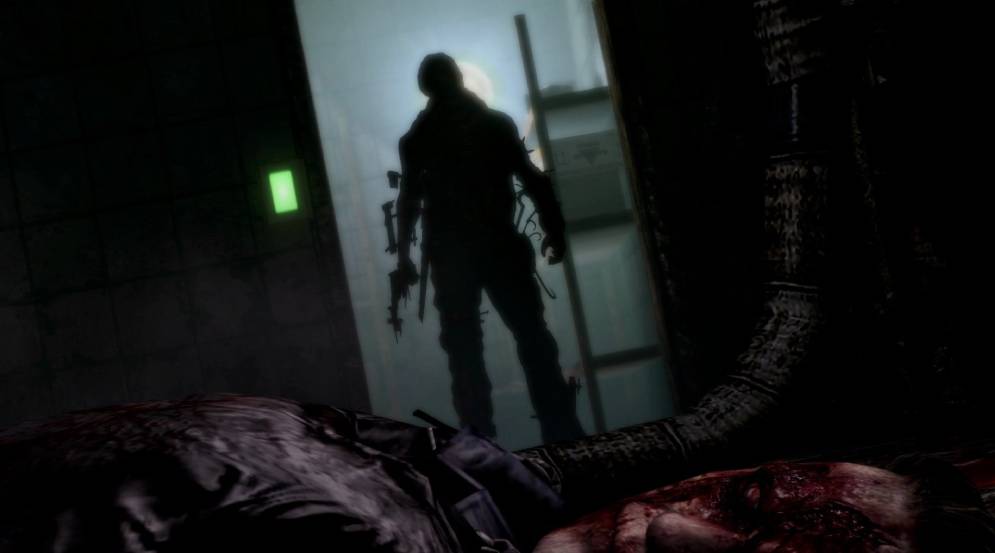Highlights:
- Capcom has quickly rolled back a Resident Evil Revelations update which added digital rights management (DRM) after it was review bombed on Steam.
- The addition of DRM — which essentially looks to stop piracy but allegedly causes performance issues and mod malfunctions too — wasn’t received well, with the game’s Steam page flooded with negative reviews, eventually leading Capcom to remove the DRM implementation shortly after.
- The update was intended to add DRM to the re-release of Resident Evil Revelations, which originally launched back in 2012 on 3DS and eventually made its way to Xbox 360, PlayStation 3, Wii U, and PC. The game was recently ported to the PlayStation 4 and Xbox One and is set to be re-released on the Nintendo Switch later this year.
- Capcom has a history of implementing DRM in its games, with Resident Evil 2 and Devil May Cry 5 also using Denuvo DRM.
- In a statement, Capcom said it “has been clear that it will step up its efforts to combat piracy” and that “Resident Evil Revelations on PC has been updated to include support for anti-piracy technology.”
Capcom recently released an update for the PC version of Resident Evil Revelations that added digital rights management (DRM) in an effort to combat piracy. However, the addition of DRM was met with backlash from players, leading Capcom to quickly roll back the update. This decision came after the game’s Steam page was flooded with negative reviews, criticizing the performance issues and mod malfunctions caused by the DRM implementation.
Resident Evil Revelations was originally released in 2012 for the Nintendo 3DS and later ported to other platforms including Xbox 360, PlayStation 3, Wii U, and PC. The game was recently re-released for the PlayStation 4 and Xbox One, with a Nintendo Switch version set to be released later this year. The update was intended to add DRM to the PC version of the game.
Capcom has a history of implementing DRM in its games, with titles like Resident Evil 2 and Devil May Cry 5 also utilizing Denuvo DRM. The decision to add DRM to Resident Evil Revelations was part of Capcom’s efforts to combat piracy. In a statement, the company stated that it has been clear about its intention to step up its efforts against piracy and that the update was meant to include support for anti-piracy technology.
However, the DRM implementation was not well-received by players. Many complained about the performance issues caused by the DRM, including increased load times and frame rate drops. Some players also reported mod malfunctions, as the DRM interfered with the game’s files and prevented mods from working properly. These issues led to a flood of negative reviews on the game’s Steam page.
In response to the backlash, Capcom quickly rolled back the update and removed the DRM implementation. The company has not provided a specific reason for this decision, but it is likely due to the overwhelming negative feedback from players. By removing the DRM, Capcom hopes to address the performance issues and mod malfunctions reported by players.
This incident highlights the ongoing debate surrounding DRM in the gaming industry. While DRM is intended to protect against piracy, it often comes at the cost of performance and user experience. Players who have legitimately purchased the game can be frustrated by DRM measures that negatively impact their gameplay. This can lead to backlash and review bombing, as seen in the case of Resident Evil Revelations.
While piracy is a legitimate concern for game developers and publishers, it is important to find a balance between protecting intellectual property and providing a positive gaming experience for players. Implementing DRM measures that do not significantly impact performance and user experience is essential in achieving this balance. Companies like Capcom must carefully consider the potential consequences of DRM implementation and be prepared to respond to player feedback and concerns.
Conclusion: Rolls Back DRM Update for Resident Evil Revelations
The quick roll back of the DRM implementation in the PC version of Resident Evil Revelations by Capcom highlights the negative impact of DRM on player experience. The backlash from players, including increased load times, frame rate drops, and mod malfunctions, demonstrates the importance of finding a balance between protecting intellectual property and providing a positive gaming experience. Going forward, game developers and publishers should carefully consider the potential consequences of DRM implementation and be responsive to player feedback.




